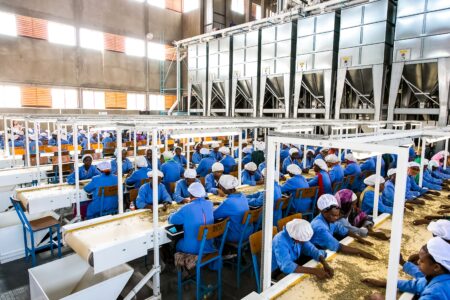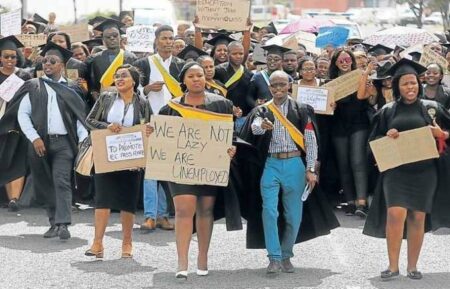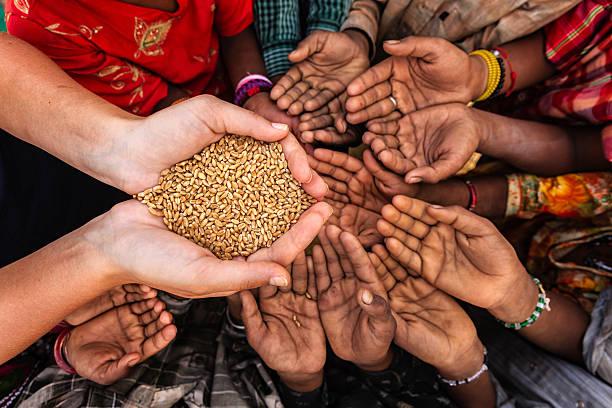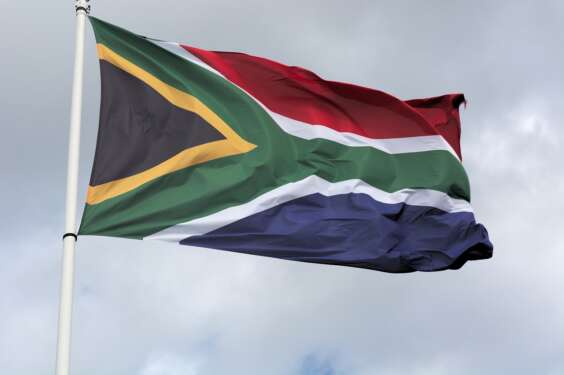- Africa’s new dawn: the rising role of digital and AI in agriculture
- Can Dangote Refinery Transform Africa Energy Ambition
- Gallup Survey: 80 per cent of Kenyan Workers Are Disengaged and Seek New Opportunities
- Madagascar Man Freed from 5KG Tumor After 15-Year Struggle
- How women in Africa are perceived and treated
- Sugar consumption in Kenya to Increase to 1.23 Million Tonnes
- Can Somalia and Turkey Oil deal Bring Change in Somaliland
- Remittances to Kenya dropped to $371.6 million in June, marking a six month low
Browsing: Unemployment in Africa.
According to Investopedia, a gig economy is a labour market mainly reliant on temporary and part-time work filled by independent contractors and freelancers rather than full-time permanent employees. A gig economy produces cheaper, more efficient services for those willing to use them.
A gig is a broad category that includes a wide range of positions. Work can range from cab driving or restaurant delivery to writing code or freelance essays. Instead of tenure-track or tenured professors, adjunct and part-time professors are contracted employees. By recruiting more adjunct and part-time teachers, colleges and universities can save costs while also better-matching instructors to academic needs.…
Tanzania’s third five-year development plan focuses on creating employment for its fast-growing youth population. The country plans to increase the employability of its graduates and youth in general through a comprehensive skills development program. According to a report, Tanzania’s five-year development plan will cut unemployment from 9 per cent in 2019 to 8 per cent by 2025/26.…
Africa’s youth unemployment is one of the many “poly-crises” destabilising many countries and impeding economic recovery following recent disruptions and challenges. According to the just-released International Labor Organization’s (ILO) annual Monitor of the World of Work study, low-income African nations are unlikely to return to pre-pandemic levels of unemployment this year.…
- Unemployment is a significant problem in Africa, with many countries experiencing high rates of joblessness.
- The unemployment rate in Africa was 7.1 per cent in 2020, which is significantly higher than the global average. Youth unemployment in Africa is even more severe, with the youth unemployment rate at 12.9 per cent.
- Harnessing 4IR presents opportunities to address unemployment in Africa
The Fourth Industrial Revolution (4IR) has the potential to propel Africa’s economy and address one of its major challenges – unemployment. 4IR technologies, such as artificial intelligence, blockchain, and the Internet of Things, are creating new job opportunities and improving productivity in many sectors. However, harnessing 4IR to address unemployment in Africa requires overcoming some challenges.
What is the 4th Industrial Revolution?
4IR stands for the “Fourth Industrial Revolution.” It refers to the current trend of automation and data exchange in manufacturing and other industries, driven by the development of …
In 2021, it is estimated that 39 million Africans could fall into extreme poverty while in 2020 about 30 million Africans were pushed into extreme poverty as a result of the pandemic, African Development Bank said in its report.
In its African Economic Outlook 2021 report, African Development Bank said that the most affected people are those with lower levels of education, working in informal jobs and those with fewer assets.
According to the report, in order to lift the newly extreme poor to the $1.90 per day poverty line, the monetary cost is estimated at $4.5 billion in 2021 which is about $90.7 million on average per country.
The report noted that women and households headed by females could represent a large proportion of the newly poor. It also said that inequality will increase to the vulnerable groups such as women, youths and low skilled informal workers as they …
South Africa achieved independence in 1994, but years later, there has been little improvement in the general populace’s poverty levels. While the country remains one of Africa’s strongest economies, statistics indicate that close to 50% of the population lives in poverty. (Based on south African government poverty measure where the upper bound poverty line is approximately $70 per month.)
The covid-19 pandemics have exacerbated the issues of poverty in the country. South Africa has one of the highest infection rates in Africa and more recently has been dealing with a mutated version of the virus that has since been christened the South African variant. Lockdowns and covid 19 restrictions have pushed many out of employment, and businesses have been forced to shut down. Estimates indicate that close to 1million people may fall below the poverty line.
According to a World Bank Report, the inequality of apartheid lives on. The …










